Incorporating probiotic-rich foods into your meals is one of the simplest ways to improve gut health. Here are some of the best options:
1. Yogurt
- Why It’s Good: Yogurt is one of the most accessible sources of probiotics, made by fermenting milk with live bacterial cultures such as Lactobacillus and Bifidobacterium.
- How to Use: Enjoy yogurt as a snack, mix it into smoothies, or use it as a base for salad dressings. Opt for plain, unsweetened varieties to avoid added sugars.
2. Kefir
- Why It’s Good: This fermented dairy drink is packed with probiotics, containing a wider variety of strains compared to yogurt. It’s also rich in calcium and protein.
- How to Use: Drink kefir on its own, add it to smoothies, or use it as a substitute for milk in recipes.
3. Sauerkraut
- Why It’s Good: Made from fermented cabbage, sauerkraut is rich in probiotics, fiber, and vitamin C.
- How to Use: Add sauerkraut to sandwiches, salads, or as a side dish to grilled meats. Look for unpasteurized varieties, as pasteurization kills beneficial bacteria.
4. Kimchi
- Why It’s Good: This traditional Korean dish is made from fermented vegetables like cabbage and radishes, seasoned with spices. Kimchi is high in probiotics, fiber, and vitamins.
- How to Use: Serve kimchi as a side dish, mix it into rice or noodles, or use it as a topping for burgers and tacos.
5. Miso
- Why It’s Good: Miso is a fermented soybean paste commonly used in Japanese cuisine. It’s an excellent source of probiotics and provides essential nutrients like B vitamins and zinc.
- How to Use: Dissolve miso paste in warm water to make miso soup, or use it as a marinade or dressing for vegetables and meats.
6. Tempeh
- Why It’s Good: Tempeh is a fermented soybean product rich in probiotics, protein, and iron. Its firm texture makes it a great meat substitute for vegetarians.
- How to Use: Slice tempeh and sauté it for stir-fries, or use it as a base for burgers and sandwiches.
7. Pickles (Fermented)
- Why They’re Good: Fermented pickles made with brine (not vinegar) are an excellent source of probiotics. They also retain the crunch and flavor of cucumbers.
- How to Use: Add pickles to sandwiches, salads, or enjoy them as a tangy snack.
8. Buttermilk
- Why It’s Good: Traditional buttermilk, the liquid left after churning butter, contains live probiotics. It’s also low in fat and a good source of calcium.
- How to Use: Drink buttermilk on its own, or use it in baking and marinades.
9. Natto
- Why It’s Good: This Japanese dish of fermented soybeans is rich in Bacillus subtilis, a beneficial bacteria, and vitamin K2, which supports bone health.
- How to Use: Eat natto with rice or use it as a topping for salads. Its strong flavor may require some getting used to.
10. Apple Cider Vinegar
- Why It’s Good: Raw, unfiltered apple cider vinegar contains probiotics in the form of the “mother,” a colony of beneficial bacteria.
- How to Use: Mix apple cider vinegar with water as a tonic or use it in salad dressings and marinades.
Tips for Adding Probiotic Foods to Your Diet
- Start Slowly: If you’re new to probiotics, begin with small portions to allow your gut to adjust.
- Combine with Prebiotics: Prebiotics, found in foods like garlic, onions, and bananas, nourish probiotics and enhance their benefits.
- Stay Consistent: For sustained gut health, include probiotic foods in your diet regularly.
- Check Labels: When buying packaged probiotic foods, look for terms like “live and active cultures.”
Frequently Asked Questions
Can Everyone Consume Probiotic Foods?
Most people can benefit from probiotic foods, but those with compromised immune systems or certain medical conditions should consult a healthcare professional first.
How Long Does It Take to See Benefits?
Probiotic effects vary by individual. Some people notice improvements in digestion and energy within a few days, while others may take weeks.
Do Probiotic Supplements Work?
Supplements are a convenient option, especially for those who struggle to get enough probiotics from food. However, whole foods often provide additional nutrients that supplements lack.
The Role of Probiotics in Gut Health
Probiotic foods do more than improve digestion. They help maintain a balanced gut microbiome, which in turn supports:
- Immune Function: A healthy gut microbiome produces antimicrobial substances and enhances immune cell activity.
- Mental Health: Probiotics influence the gut-brain axis, potentially alleviating symptoms of anxiety and depression.
- Weight Management: Certain probiotics may help regulate appetite and reduce fat storage.
Conclusion
Probiotic foods are a natural and delicious way to boost your gut health. From yogurt and kefir to sauerkraut and miso, these foods offer a variety of flavors and nutrients that support a balanced microbiome. By incorporating probiotics into your diet and pairing them with prebiotic-rich foods, you can enhance digestion, immunity, and overall well-being.
Start your journey to better gut health today—your body (and your taste buds) will thank you!
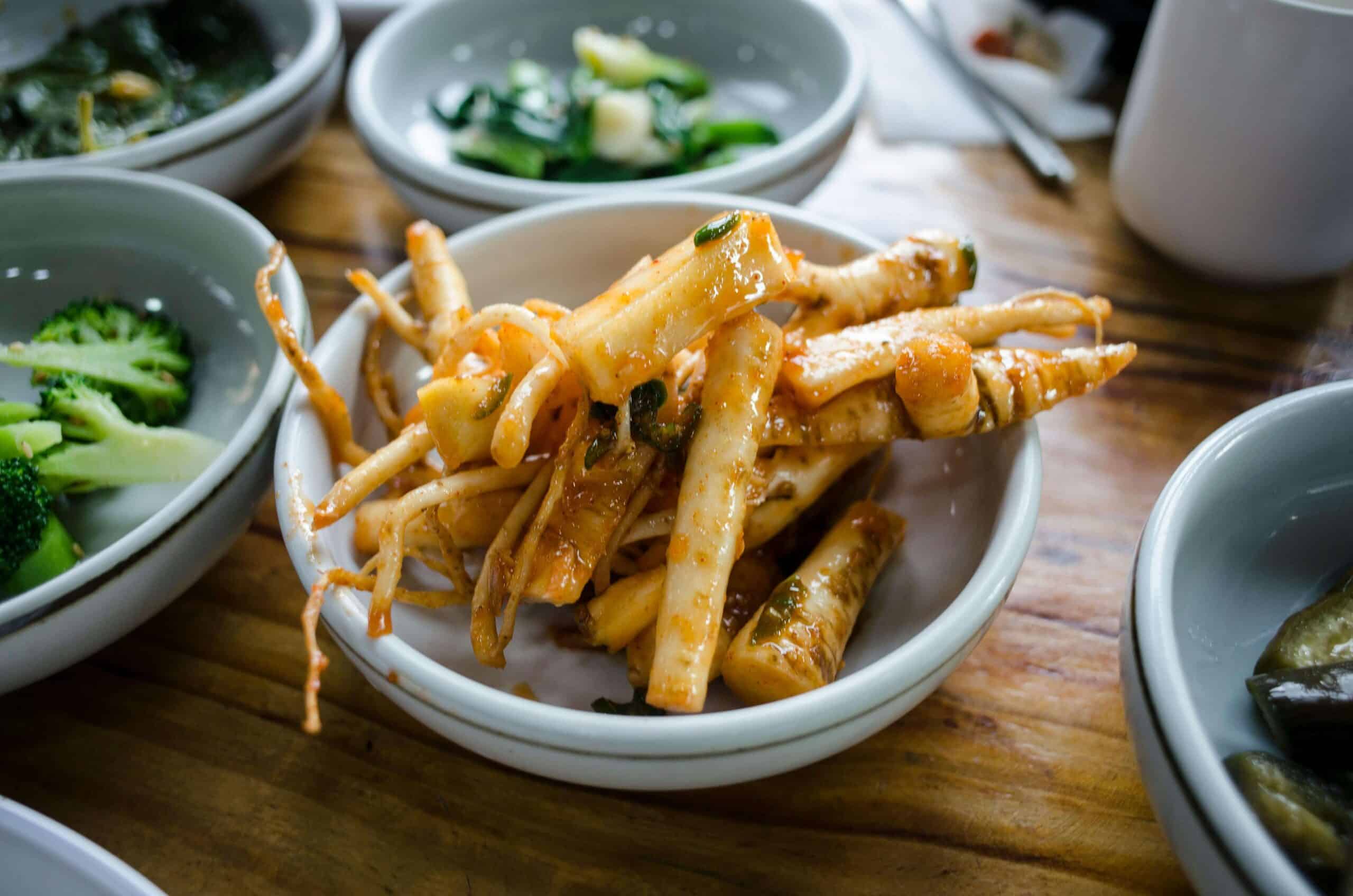
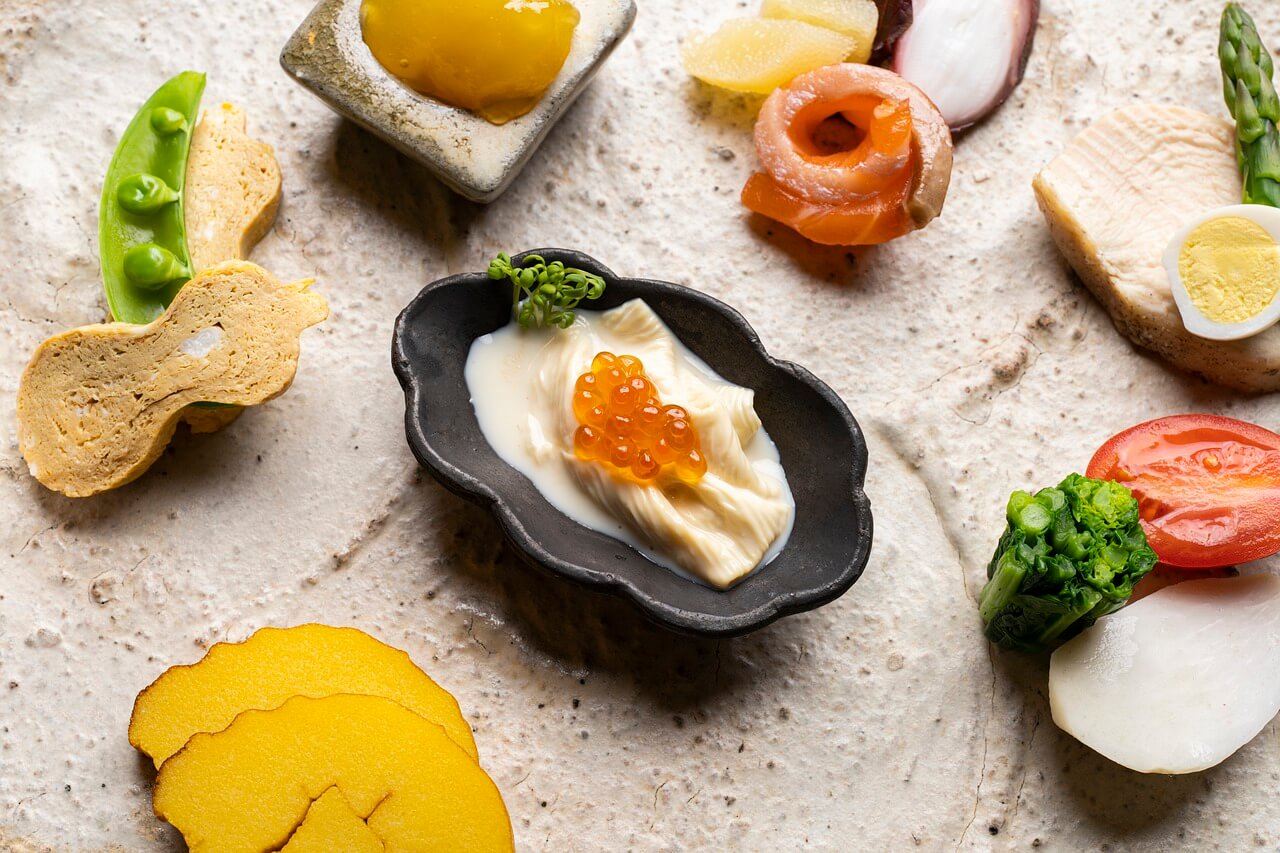
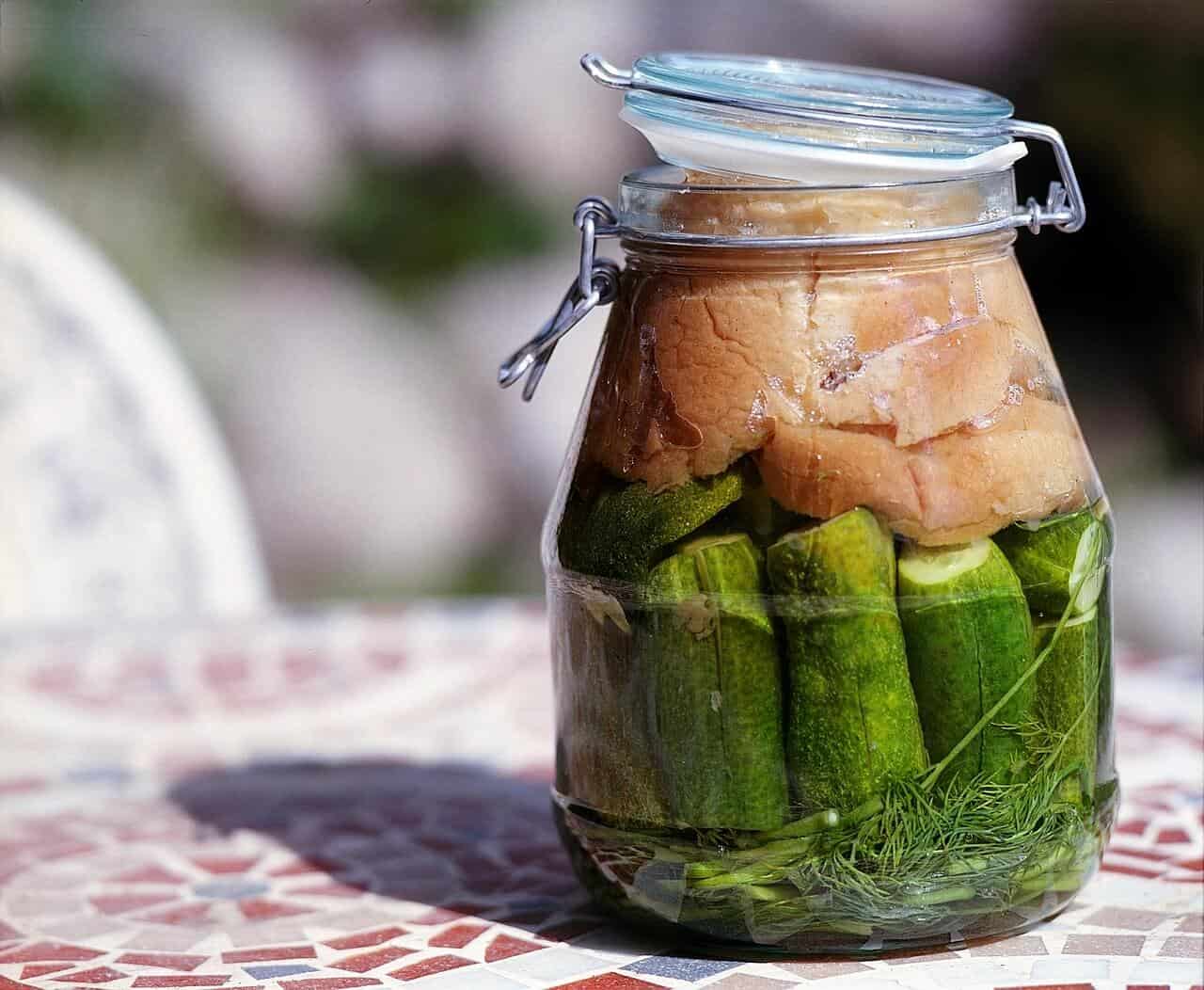


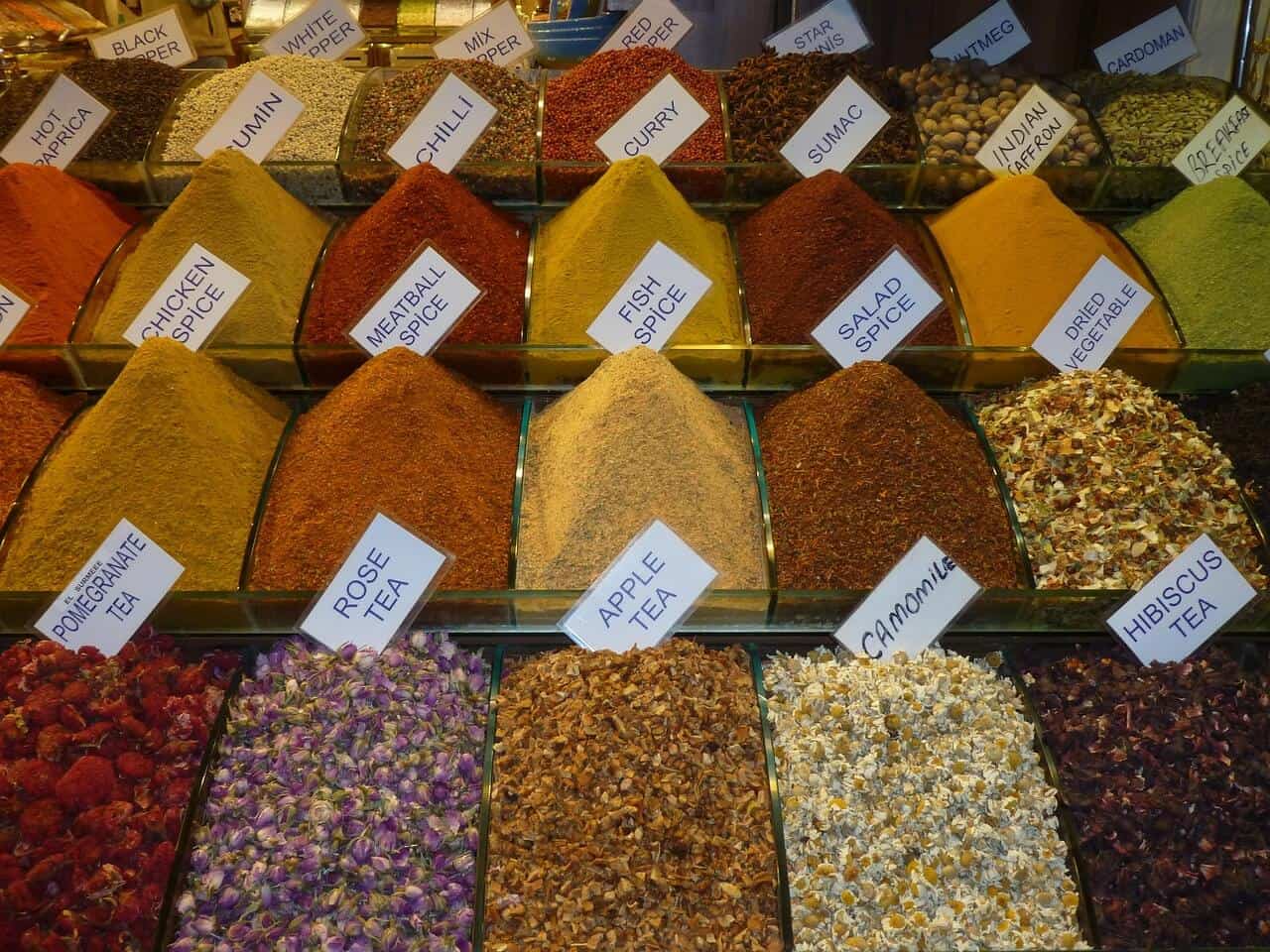
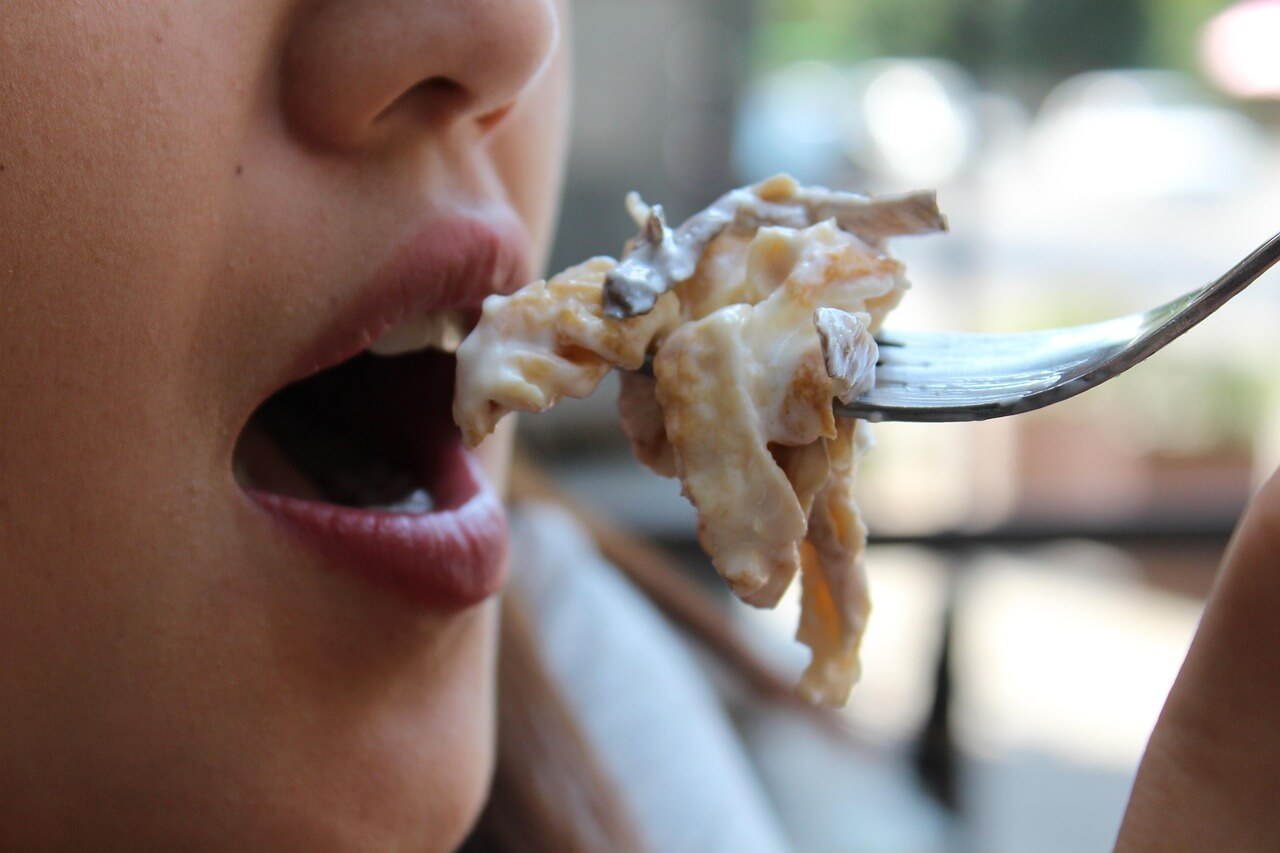



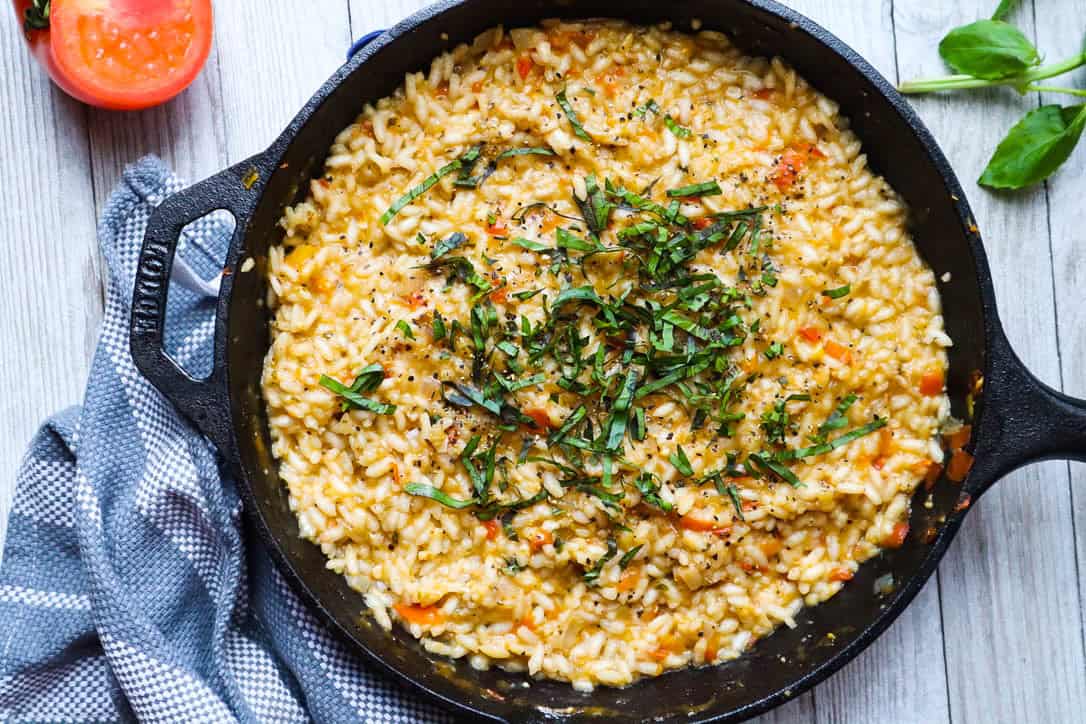
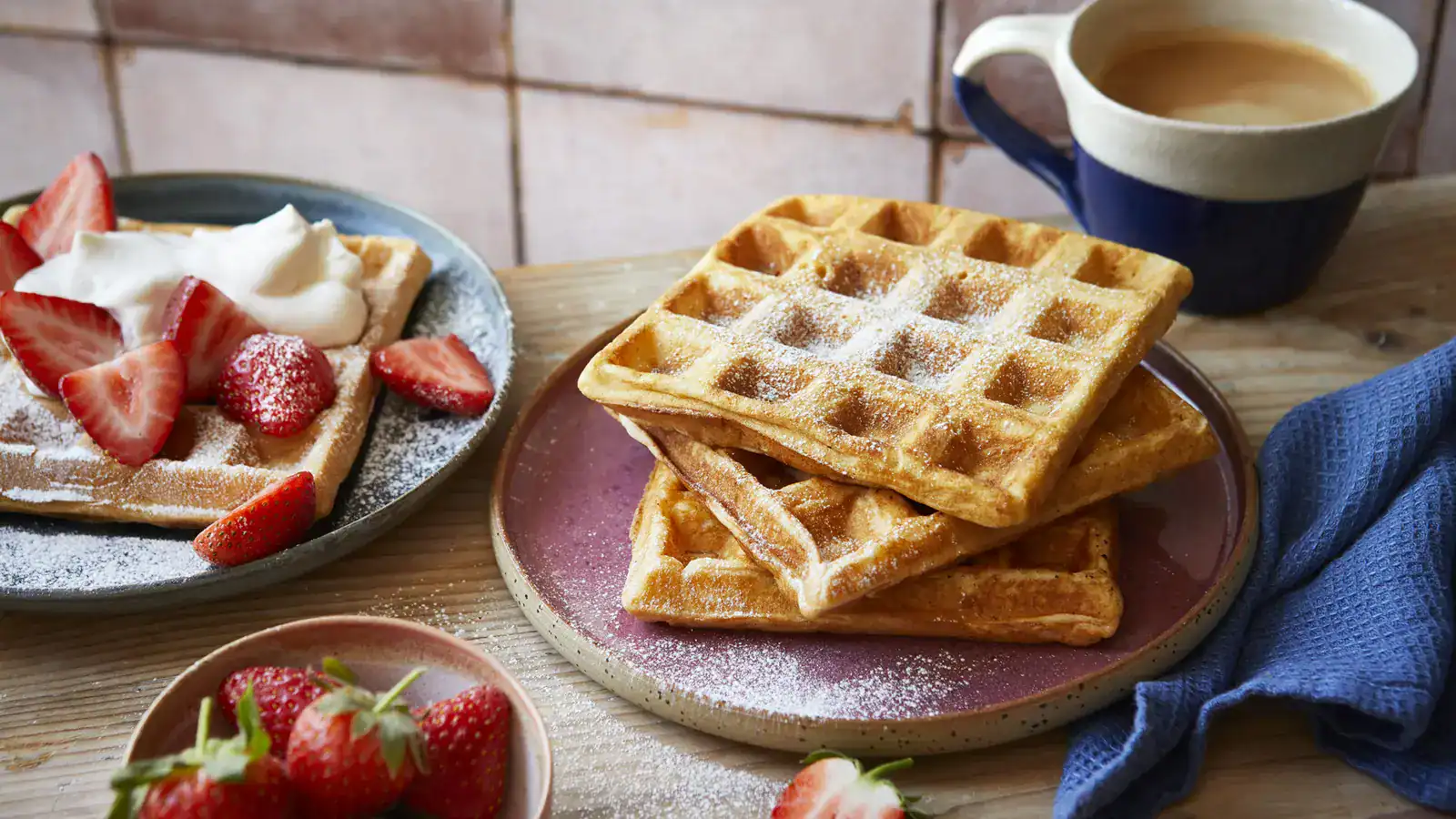
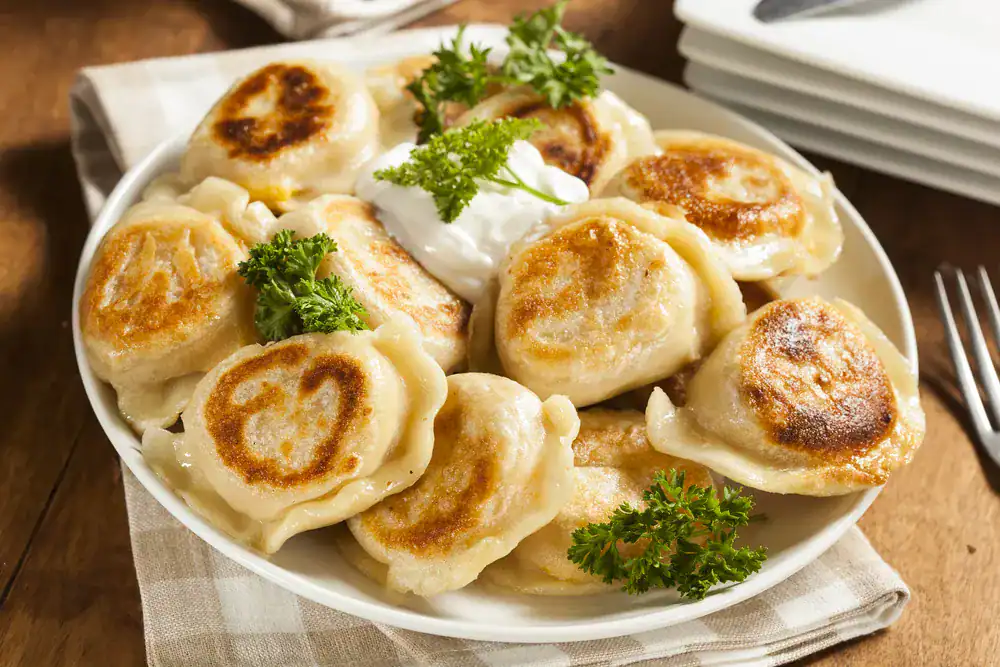
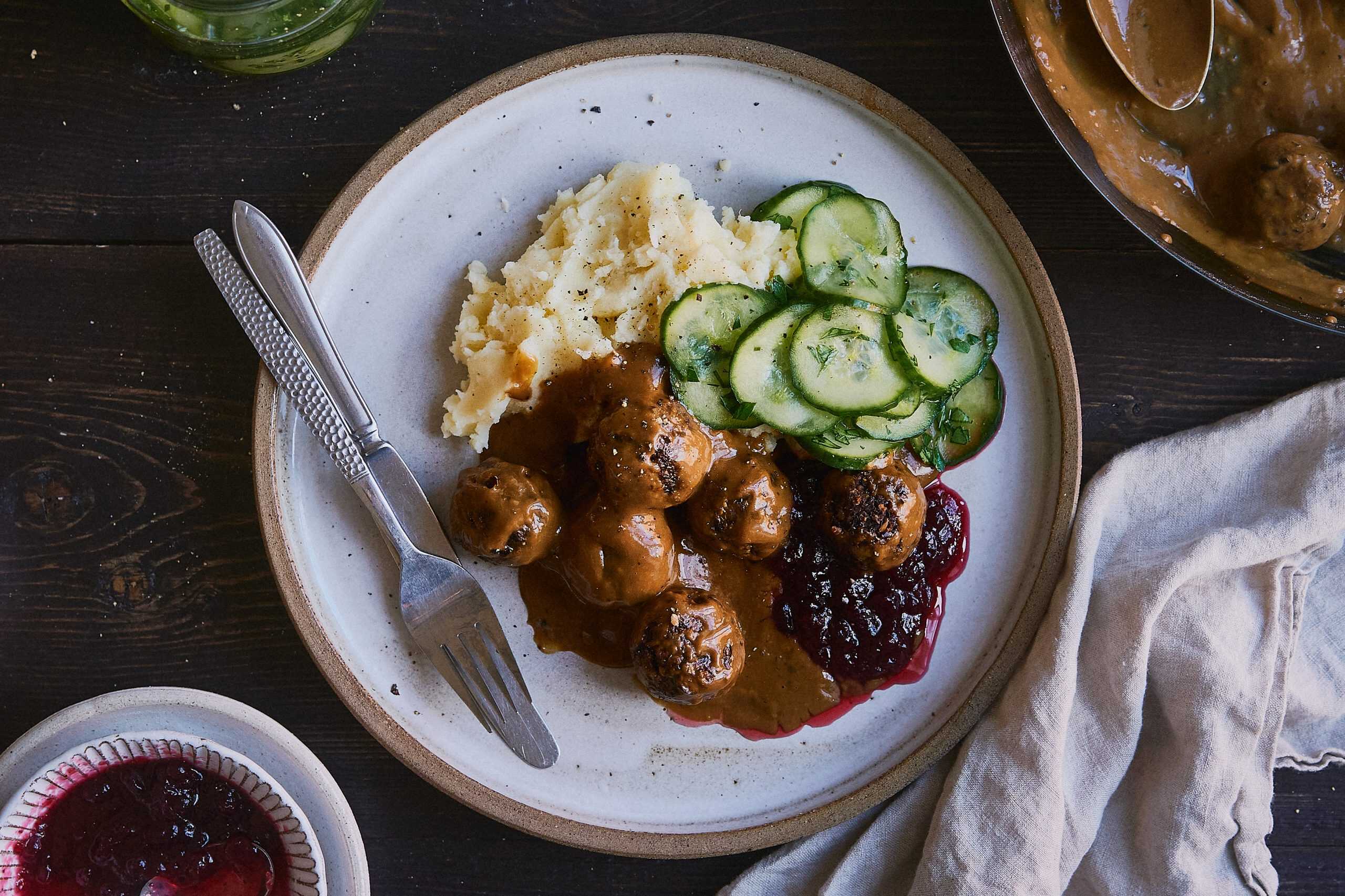
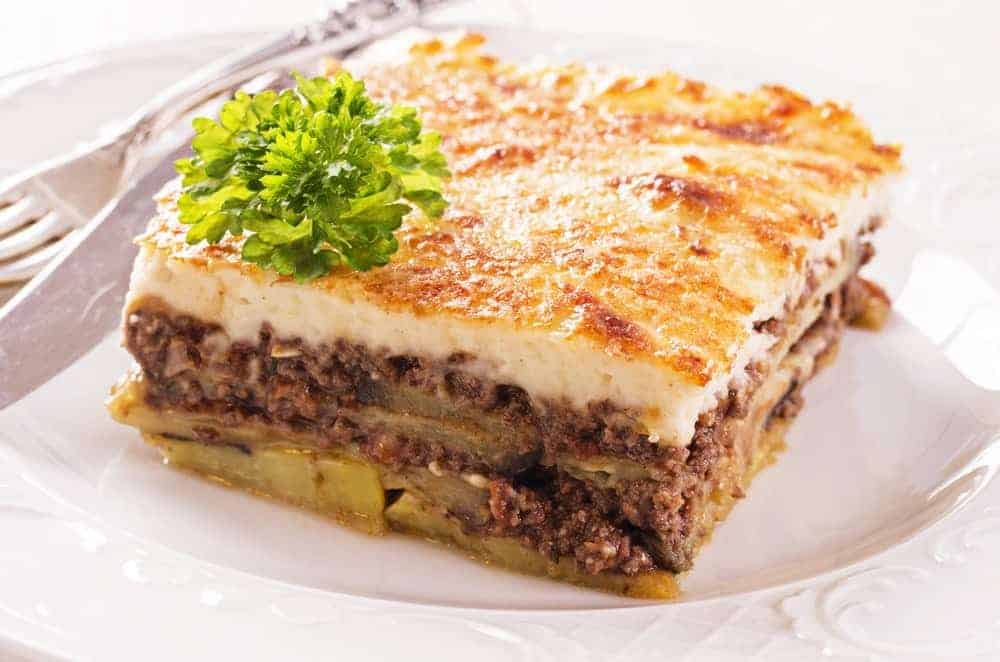

2 thoughts on “Boost Your Gut Health: Top Probiotic Foods to Add to Your Diet”
Comments are closed.